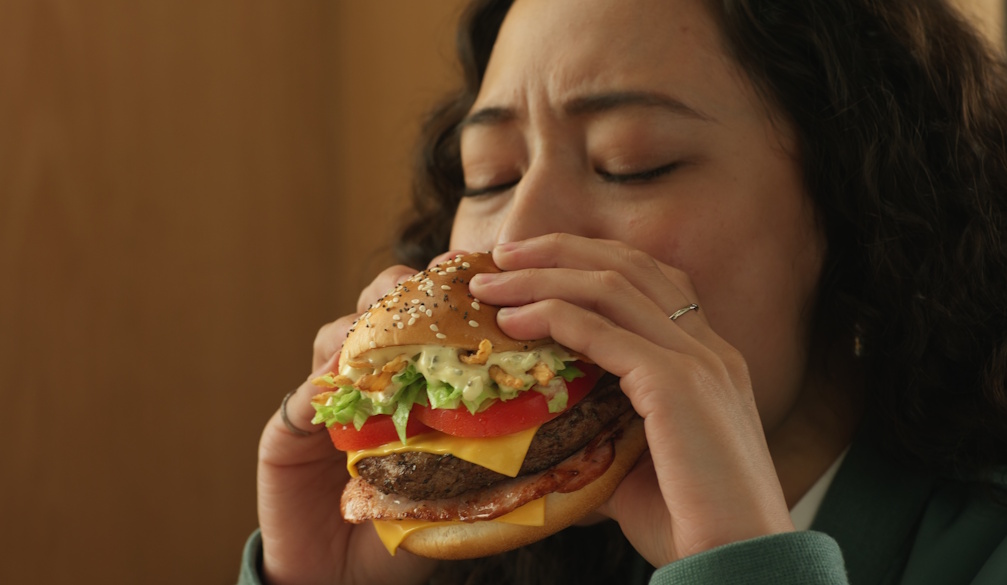Harnessing Olympic Disciplines for Workplace Success

Looking to inject a winning culture into your workplace or unleash your full potential? Tapping into an Olympic mindset can help to transform the way you work.
The Olympic spirit is contagious. As anticipation builds for the 2024 Paris Olympic Games, we can learn much from the drive and discipline underpinning our world’s elite athletes.
Esteemed life coach, motivator, and mindset specialist Jacob Galea has previously worked with NFL and A-League professional athletes. Now coaching corporate leaders globally, Jacob often draws on the principles of elite sports training as a key to achieving unparalleled success in the workplace.
“Top performers in business, much like Olympic athletes, do not leave their targets to chance,” Galea explains. “Consistently looking to push boundaries, athletes set clear and specific goals that are deeply aligned with their personal ‘why.’” Such can easily be applied in a corporate environment, where businesses are encouraged to regularly set, revisit, and refine goals, ensuring alignment with evolving company visions and market conditions.
Taking inspiration from elite athletes, past and present, like Roger Federer, Tiger Woods, Cathy Freeman and Emma McKeon, Galea encourages professionals looking to transform their approach to work to focus on the following areas.
- Discipline and Consistency
According to Galea, "Discipline is the bridge between aspirations and achievements. In the business world, as in sports, consistent effort accumulates into substantial accomplishments over time." He advises companies to establish regular checkpoints for employees to assess their progress, similar to an athlete's training schedule, to maintain momentum and direction.
- Resilience and Overcoming Adversity
Drawing parallels between athletic setbacks and workplace challenges, Galea notes, "True resilience involves adapting and growing from difficulties. Whether facing market shifts, project setbacks, or internal conflicts, embracing these challenges as opportunities for growth is crucial." He suggests integrating resilience training into professional development programs to enhance employees' ability to navigate and thrive amid adversity.
- Performance Under Pressure
Recommending techniques like visualisation and positive self-talk - standard practices among athletes - Galea urges professionals to prepare for high-stakes situations. “The mind’s role in achieving peak performance under pressure is as important in the boardroom as it is on the track,” he notes.
- Feedback and Collaboration
Galea emphasises the importance of a feedback-rich environment, likening it to the athlete-coach relationship. "Constructive feedback should be seen as a tool for growth, not criticism," he advises. Leaders are encouraged to foster a mentorship culture that values continuous personal and professional development.
"Even solo athletes depend on a support team to excel," Galea points out. He advocates for the importance of collaboration in the workplace, suggesting that bringing diverse strengths together sets the stage for collective success and innovation.
- Rest and Recovery
Highlighting an often-overlooked aspect of peak performance, Galea notes that, “Top athletes treat rest and recovery as essential components of their training regimen. Similarly, businesses should promote work-life balance and recognise the importance of downtime in preventing burnout and maintaining long-term productivity."
Galea actively encourages businesses to build an Olympic mindset throughout their organisations. "Adopt these strategies, and the results, while not immediate, can be as significant as any Olympic triumph.”






















